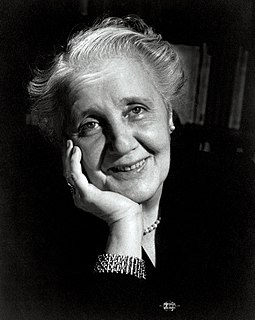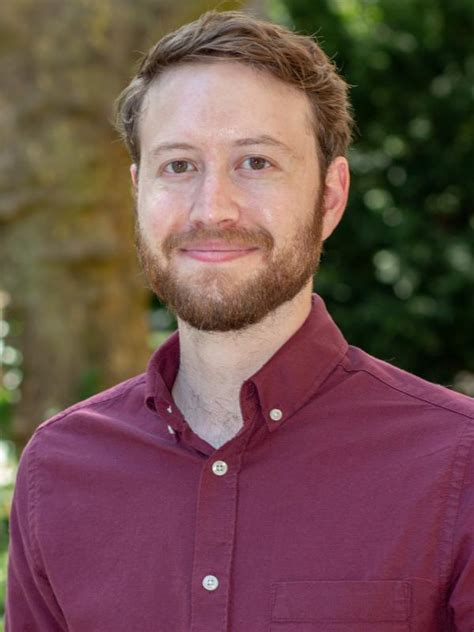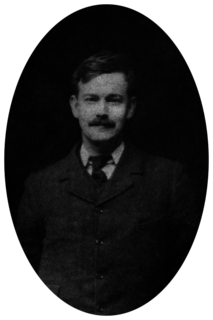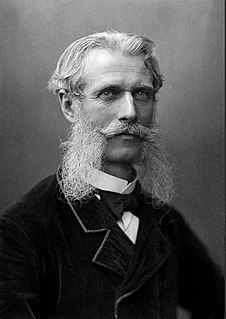A Quote by Melanie Klein
It is an essential part of the interpretive work that it should keep in step with fluctuations between love and hatred, between happiness and satisfaction on the one hand and persecutory anxiety and depression on the other.
Related Quotes
The real economic cleavage is not... between employers and employed, but between all who do constructive work, from scientist to laborer, on the one hand, and all whose main interest is the preservation of existing proprietary rights upon the other, irrespective of whether they contribute to constructive work or not.
The paths by which people journey toward happiness lie in part through the world about them and in part through the experience of their souls. On the one hand, there is the happiness which comes from wealth, honor, the enjoyment of life, from health, culture, science, or art; and, on the other hand, there is the happiness which is to be found in a good conscience, in virtue, work, philanthropy, religion, devotion to great ideas and great deeds.
If the denial of death is self-hatred, as it is to deny our freedom and live in fear of death (which is to say, to live in a form of bondage), then the acceptance and affirmation of death is indeed a form of self-love. But I'd want to make a distinction between a form of self-love which is essential to what it means to be human, and a narcissism of self-regard, like Rousseau's distinction between amour de soi and amour propre, self-love and pride.
Joy, like love, is an impenetrable, God-given state of being. The distinctions between joy and happiness and love and affection are important ones under the notion that happiness is an 'iffy' emotion, a highly dependent feeling both aroused and destroyed by external conditions apart from God. And the distinction between love and affection is parallel to such.





































